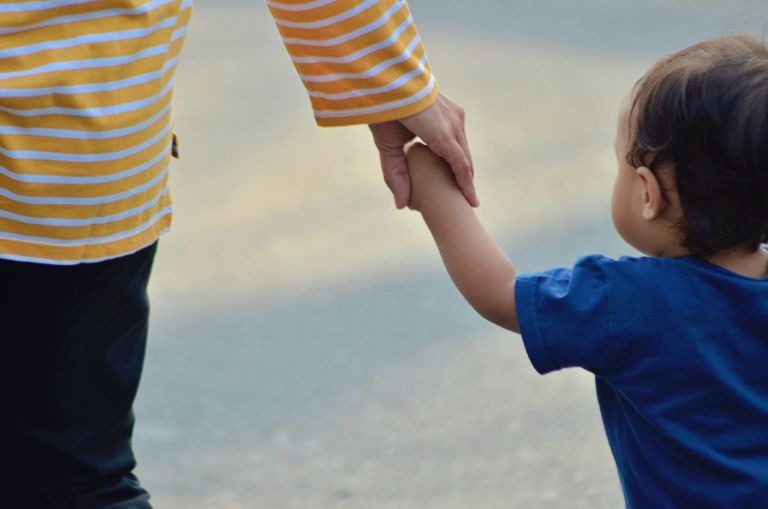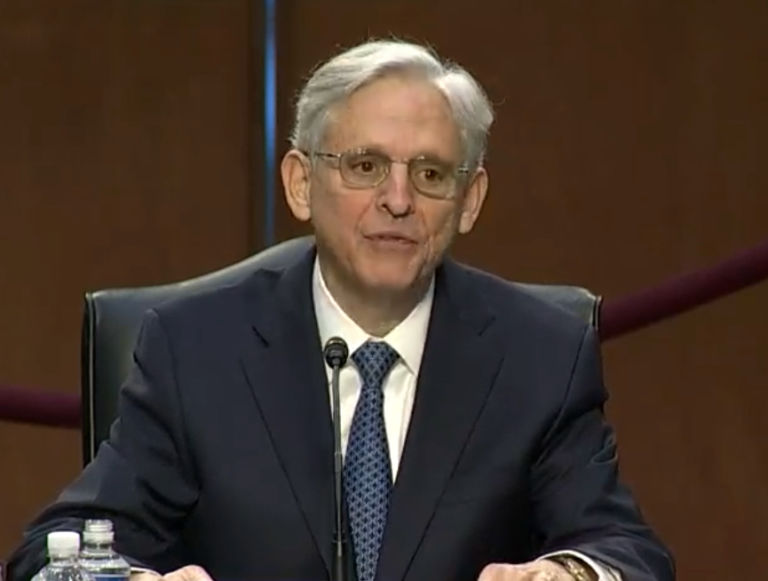Anna Mussmann documents in a Federalist column a disturbing trend in the public approach toward parents and parenting.
… [W]e are witnessing a drastic erosion of public support for the idea that ordinary parents are the people most likely to know what is best for their children. We no longer trust the dad and mom next door. This leads to a culture that not only undervalues what parents do, but is also increasingly willing to take away their ability to do it.
Sadly, the belief that children must be protected from their families is difficult to combat. Why? It makes perfect sense in a cultural framework like ours that routinely encourages parents to objectify their own children.
Attempts to limit parental control of their children’s lives and upbringing are visible in many spheres. We’ve all heard about folks who call the authorities because a neighbor has allowed children to play in their own fenced-in back yard without adult supervision. More examples abound. For instance, if your child is older than 12, it is illegal for your child’s doctor to tell you if your child is receiving mental health care, being treated for drug or alcohol abuse, or being given contraception or an abortion, unless your child agrees to share this information with you. It is startling to realize that we assume children are more likely to be harmed by fear of parental interference than by making important decisions about mind and body-altering drugs without parental guidance.
In the realm of education, parents who want to control or at least influence the values taught to their children—especially in health and literature classes—often meet accusations of censorship and bigotry. Discussions of young adult literature regularly affirm the idea that parents must stop trying to protect their children from violent and sexually explicit material. The tension can even reach heights of comic proportion, as when the Idaho School Board Association issued a resolution plaintively calling on the state legislature to stop increasing “parental rights in regard to education,” lest parental demands interfere with schools’ attempts to comply with state and federal mandates.
Opponents of traditional parental rights claim the old ideas treat children as parental property instead of free human beings. The practical implication is that the state is a more trustworthy guardian than parents—or, at least, that state intervention can place parent and child on equal footing with each other. This is in stark contrast to a 1925 Supreme Court declaration that parents have the right to direct the education and upbringing of their offspring because children are not “the mere creature[s] of the state.”


